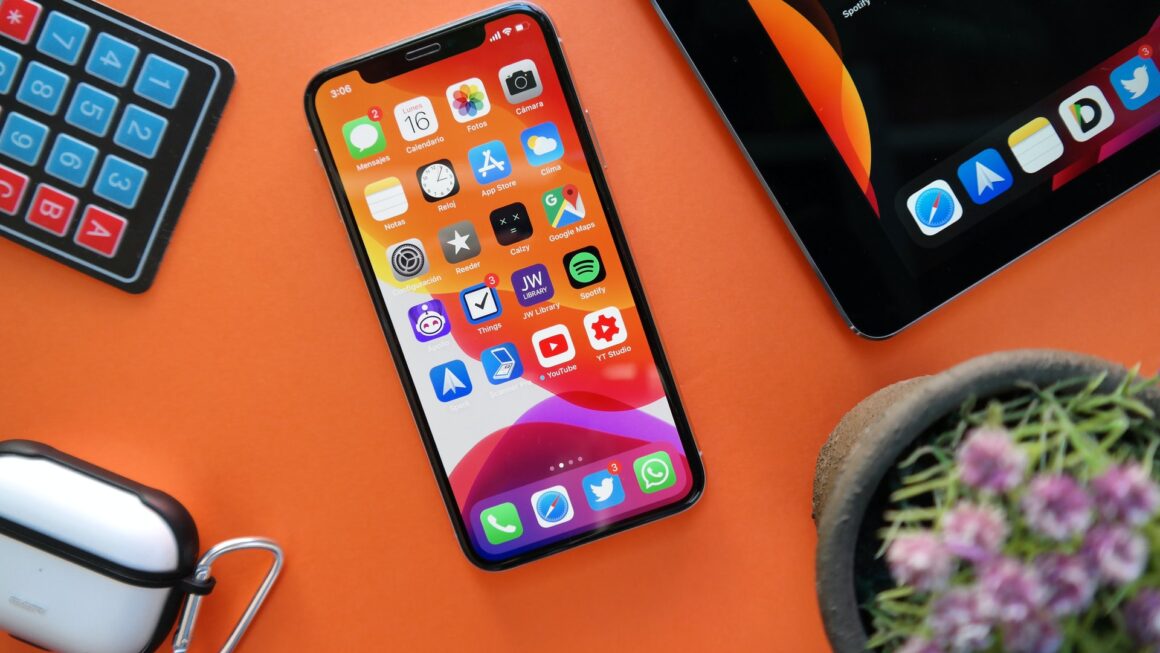When you start looking to invest in mobile application development, the first thing to do is to understand the mobile application’s platform. To decide whether to develop a native vs hybrid app application is still sometimes very difficult for mobile app development companies and developers.
So, let’s discuss the differences between native vs hybrid android app development.
Native Application:
Native mobile applications are specifically designed for one platform. It can take full advantage of all the device features while enhancing the device’s capabilities.
Native applications are develop in the native language of Android mobile operating system, i.e. Java. Native applications utilize the entire features of the specific platform.
Hybrid Applications:
A hybrid application is essentially an HTML5 application wrapped inside a native application. Hybrid application is generally develop in HTML/CSS/Javascript and it can be considered as a bridge that connects the bests of the web app and native app.
Hybrid application can also use all the native features and it is fast too when it comes to responding the user.
Difference Between Native Vs Hybrid App Development:
Platform Independence: If platform independence is important for you, then you can have a better chance of achieving it with hybrid apps. Hybrid applications can be utilize among all major platforms whereas native apps are platform-specific applications.
So, if you would like to focus on multiple platforms to engage end users, you can opt for hybrid mobile app development.
Development Cost: Developing hybrid mobile application is quite economical when compared to native mobile app development. Hybrid mobile app development requires good knowledge and understanding of HTML5, whereas native app development requires specialized skills in Java.
Maintenance: Maintaining a native application can be a difficult task not only for the organization but also for the developers. In order to release a new upgrade of the native application, you need to re-submit the upgraded version of the native Android app on the Google Play Store.
While on the other hand, maintaining a hybrid Android application is as easy as a web page. You can often make changes in the hybrid mobile app as per your requirement.
User Interface: If you are focusing on providing consistent user experience with the mobile operating system then native app development is the preferred choice. Native app development platform provides better graphics and visuals, as the native APIs have the ability to have fluid animation. Whereas hybrid mobile apps offer comparatively slow graphics and visuals as it uses HTML5, Canvas, etc.
Offline Functioning: If you want your application to work even when there is no Internet connectivity, you can opt for native mobile app development. Native apps don’t necessarily require an Internet connection to operate, but in the case of hybrid mobile app development, you often need to have an Internet connection to utilize the functionalities of the hybrid mobile app.
Most of the companies are involving themself in the development of the hybrid mobile application for their existing web page. Hybrid mobile applications are more popular than native mobile applications as it allows the organizations to make their presence on several app stores.
Read some of our related blog :- 5 best android frameworks used by App Developers



